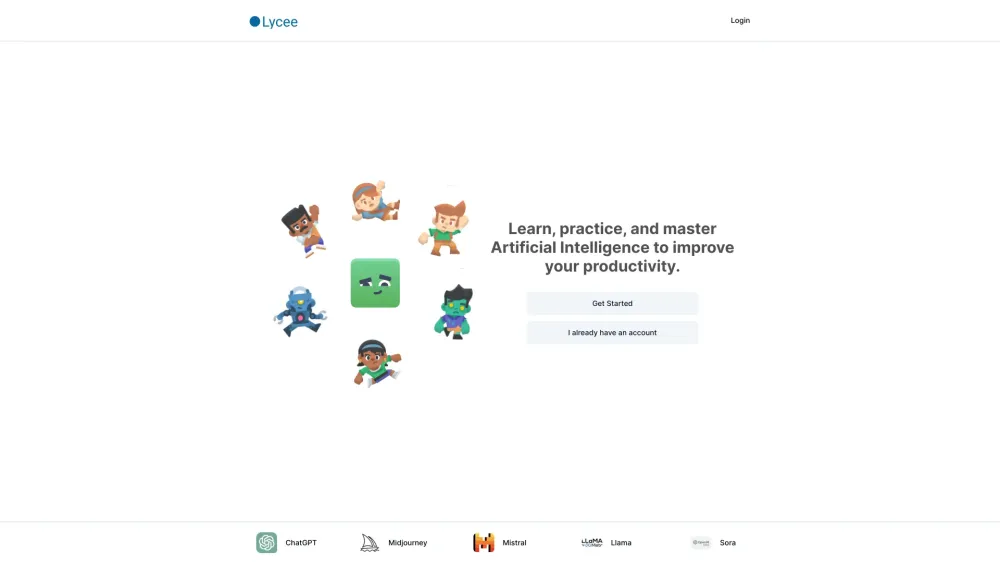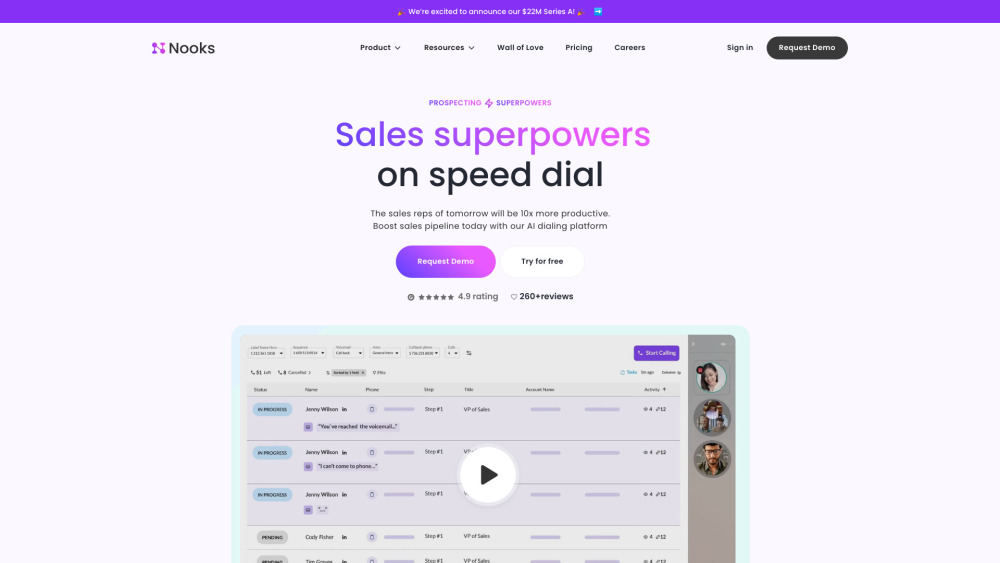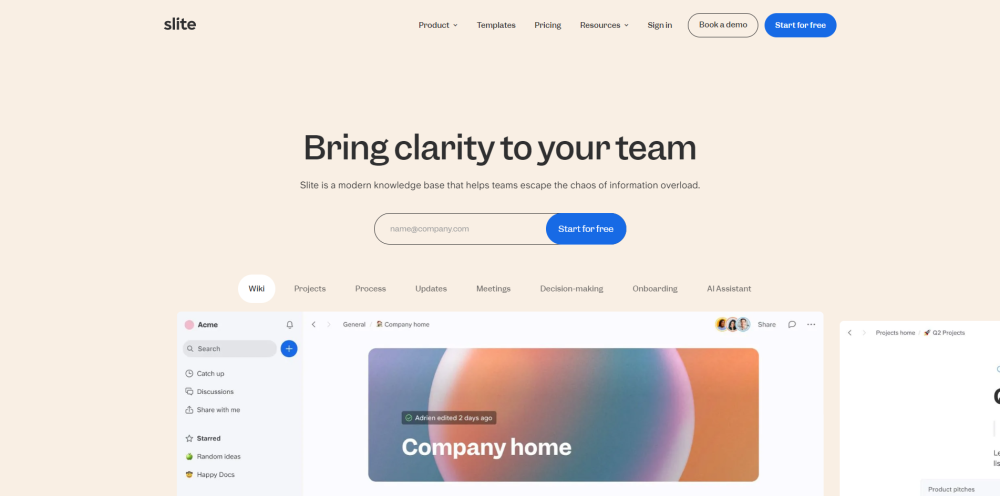As billions flow into generative AI and large language model startups from venture capital and private equity, focus is shifting toward the industry verticals ripe for AI-driven disruption. One standout is the $50 billion global translation industry, where Smartling is taking the lead.
Despite a decline in the overall translation market in 2023, Smartling's translation business showcased an impressive 40% growth rate last year, with further acceleration anticipated in 2024. This remarkable performance is attributed to Smartling's innovative use of AI, delivering human-quality translations at half the cost and ten times faster than traditional methods.
"We have developed an AI translation solution that produces human-quality translations for half the price and in half the time," stated Smartling CEO Bryan Murphy in a media interview. "Every executive is under pressure from their CEO to formulate an AI strategy and cut costs."
Founded in 2009, Smartling established itself as a leading translation management platform, serving major brands such as British Airways, Shopify, SurveyMonkey, and Lyft. Recently, in response to market demands, the company aggressively expanded into AI, developing proprietary models and integrating machine learning across its language services.
"Our goal is to make high-quality translation ubiquitous by reducing costs by at least another 50%, akin to the transformation seen in cloud services over the last decade,” Murphy remarked. "Just last January, we had zero revenue from AI-powered human translation (AIHT). Now it accounts for 50% of our volume, resulting in a 70% year-over-year increase in business."
The immediate success of Smartling's AI translation initiative is evident. Initially generating almost no revenue from AI-driven projects in January 2023, they now account for nearly half of the company's business and a growing share of profits. Additionally, Smartling holds multiple patents pending for its AI applications in translation.
While industry giants like Google, Amazon, and Microsoft pursue general-purpose AI models, Smartling's vertical-specific approach enhances its technology to address the unique challenges of translation. By integrating over 20 commercial engines and large language models like GPT-4, the company significantly improves translation quality.
"By taking this approach, we enhance the output quality of these engines by approximately 40%," Murphy explained. "Our translation hub features a key element called language quality estimation, which uses AI to assess the quality of translation streams in real time, allowing us to optimize routing and processing."
Traditional Language Service Providers (LSPs) face significant disruption from Smartling's rise, as many primarily depend on human translators and lack the technological adaptability to keep pace. Murphy predicts, "I expect substantial upheaval in the translation industry as companies adopt AI-first solutions. We must continually refine our prompt engineering—a core area for our patents—as we explore effective large language models for our objectives."
Looking forward, Smartling plans to sustain its rapid growth by continuing to invest in translation AI. With over $223.3 million in venture funding, the company is well-positioned to expand its market share amidst this transformative landscape.
As AI reshapes sectors from healthcare to finance, Smartling's journey illustrates that in certain verticals, the future has already arrived. With the right mix of technology, talent, and business strategy, the competitive landscape can evolve overnight. In translation, a shift to an AI-centric model appears inevitable.
For investors aiming to capitalize on the generative AI trend, vertical-specific disruptors like Smartling are essential to watch. With a head start in its industry's evolution and a bold future roadmap, this under-the-radar player demonstrates that the true potential of AI lies in its ability to transform traditional businesses today.





